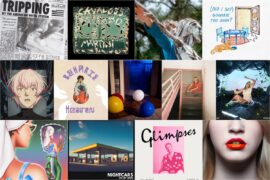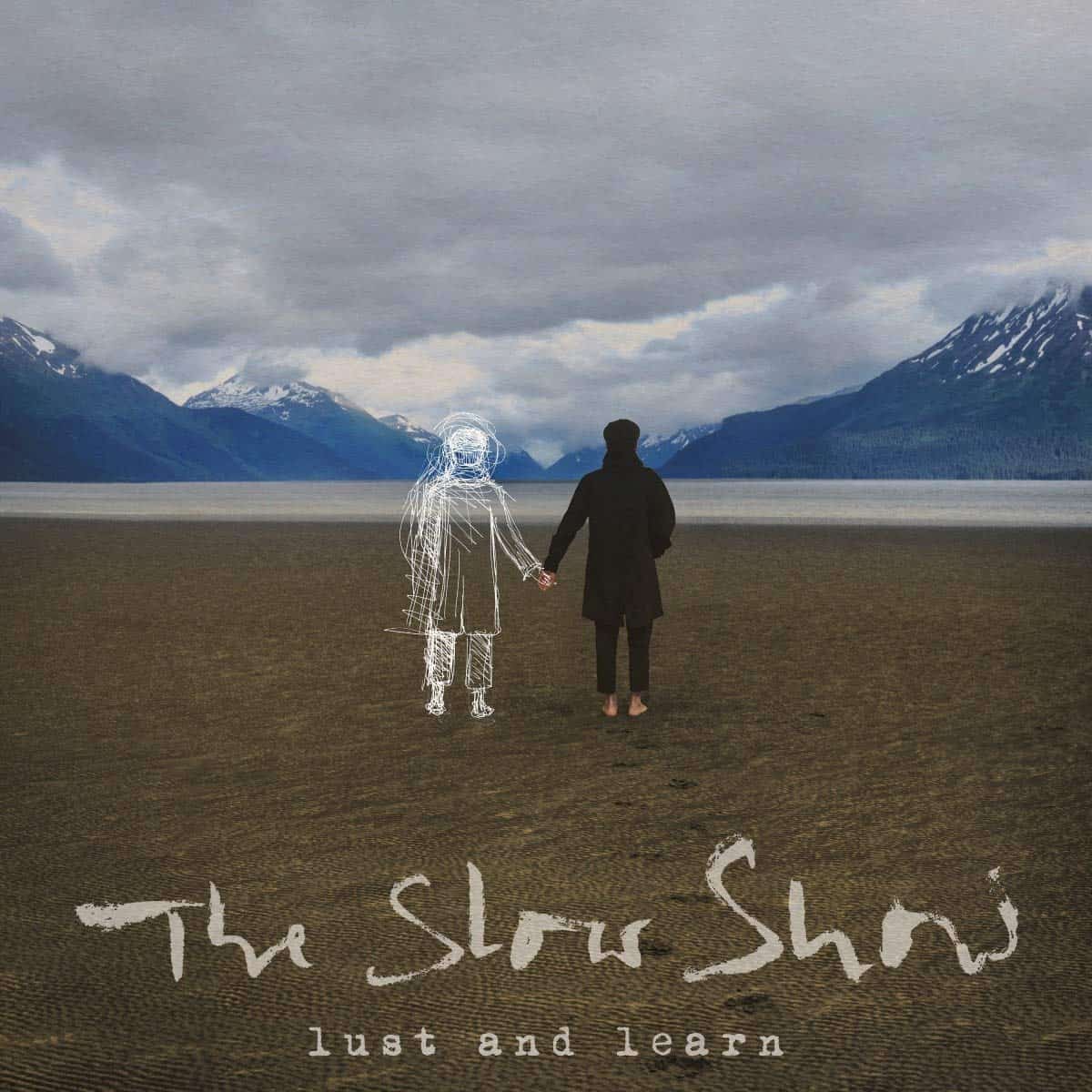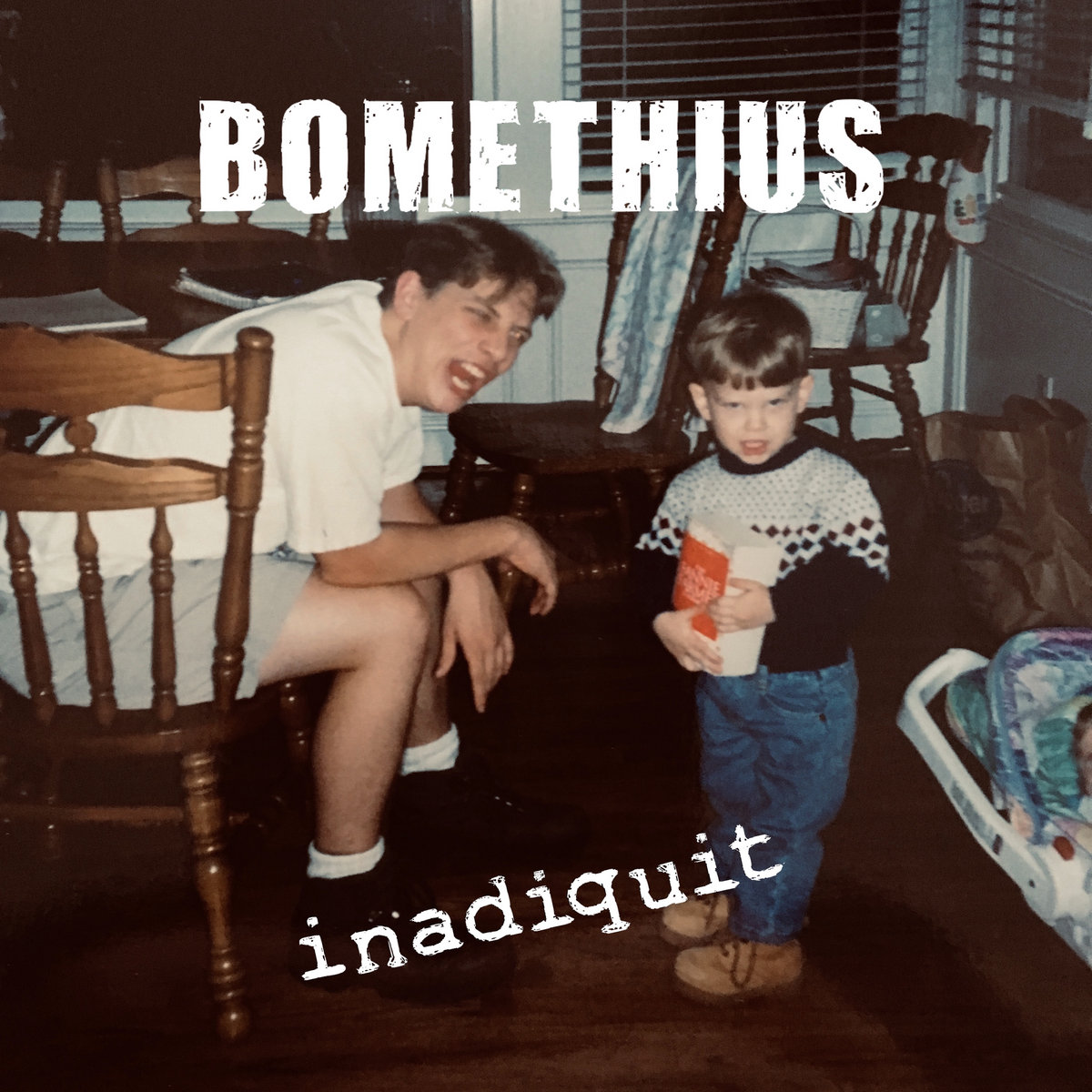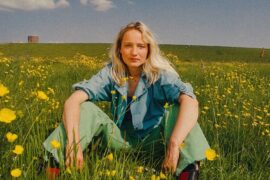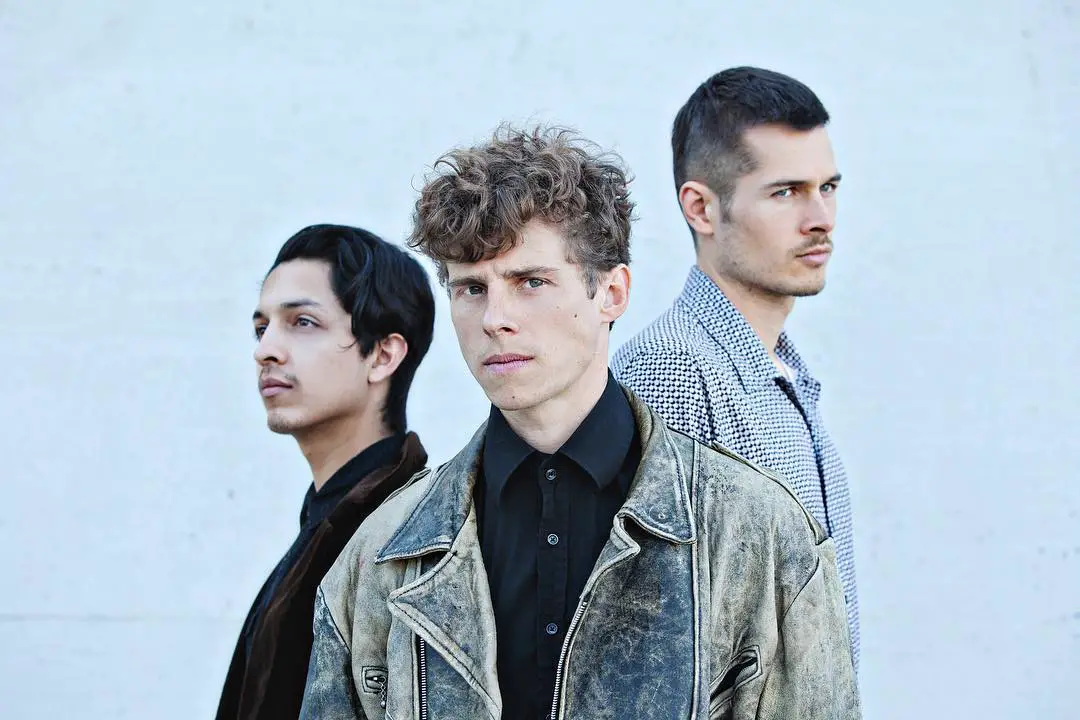Nashville-based artist Jarrod Dickenson discusses his album ‘BIG TALK’ and what it means to be an independent artist in the midst of corporate music. A story-telling soul, Dickenson tells us about his start in the industry and his intentionality in creating music.
Stream: ‘BIG TALK’ – Jarrod Dickenson
I would describe the album as a story of resilience, resolve, defiance…to not let your current situation limit you from pushing forward despite the situations you might be in. That’s how I approach all of my writing.
Imagine a long, winding road. At one corner stands a wandering soul— this is the introduction to Jarrod Dickenson’s first album, The Lonesome Traveler. A yearning and hopeful depiction of a rambling man—and everything that comes with it. The soft folk sound transgresses to the next turn—where a tree stands—deeply rooted in Americana history and feel. Dickenson’s second album Ready the Horses holds a sense of timelessness proceeding with character. The final turn takes us to Dickenson’s third studio album, Big Talk. Though it’s not the final destination, it represents a final stand and stomp on the ground. All represent the journey of Jarrod Dickenson and the steps he took to create Big Talk.
After a major label almost compromised his career, Dickenson began re-evaluating his place in the industry. He found that the expectations of business began to complicate his artistry and representation. All it took was a step away and a trip down memory lane to remember the purpose of his music.
Music was always there – I first picked up a guitar at 18 – and from then on I began performing.
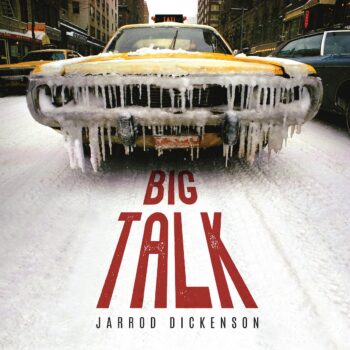
It all started with the classics, from Paul Simon to Tom Petty and Tom Waits, a foundation of music that let him carve out his own. Now both self-produced and managed, Dickenson has newfound intention and creation with his music. It was not a matter of finding something new, but rather connecting with what was always there.
Collaborating with the likes of Jano Rix and Oliver Wood of The Wood Brothers — as well as producer Ethan Johns — Big Talk became a statement of reaction and strength. Underneath all the zeal and reactiveness of a broken deal—Dickenson reflects with gratitude for his journey and the listeners that have supported him all along.
With Atwood Magazine, Jarrod Dickenson shares his insight and purpose through the album – how it is a testament to his anger, passion, and love for music and what it’s brought into his life.
— —
:: stream/purchase Jarrod Dickenson here ::
A CONVERSATION WITH JARROD DICKENSON
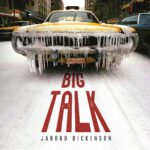
Atwood Magazine: Big Talk navigates frustration and issues with the industry. How have you been feeling about the release of the album and being on the road again?
Jarrod Dickenson: First and foremost, it feels good to have new music out there. It’s been a few years for us since some roadblocks with the previous record. Like before, this was self-produced and self-financed. With the last album, we didn’t have a good experience with a large label in the UK—which will go unnamed. It ended in a year-long fight for legal rights and a lot of the songs on Big Talk were written when we were in the middle of that. “Buckle Under Pressure” was a song directly aimed at that.
We eventually got the rights back and that was great, but it did cause a logjam. It took a few years to get the record out how we originally intended, and it killed a lot of momentum. To finally have music out, to tour and sing these new songs, and to pick up where we left off feels great. The response has been really good, and people seem to like the new songs. It’s definitely more of a rockin’ record than previous ones have been.
I was listening to your previous albums, Ready the Horses and The Lonesome Traveler. It is really interesting to see how your music has transgressed with storytelling. Before even releasing music, what kickstarted your desire for a career?
Jarrod Dickenson: Music was always there. It was always a big part of my upbringing — playing around the house or in the car. I personally got a late start in trying to make music. I was a good little Texan playing sports and that kind of thing. It wasn’t until I was 18 years old, almost out of high school, that I picked up a guitar. At that point, it wasn’t with any career aspirations, it was just a few friends who played guitar and I always loved music — so I thought ‘Well if they can do it, I can probably do it.” Let’s see what happens. It quickly took over everything after a couple years of writing songs and performing in column shops and bars. In the early days, music was just a constant presence—even though it did not have any career thoughts tied to it. I remember my dad’s record collection was my musical upbringing — the Beatles the Stones, Simon and Garfunkel, Tom Petty, Jim Croce — all the classic rock and folk singers from the ’60s and ’70s. That was my upbringing and musical world.
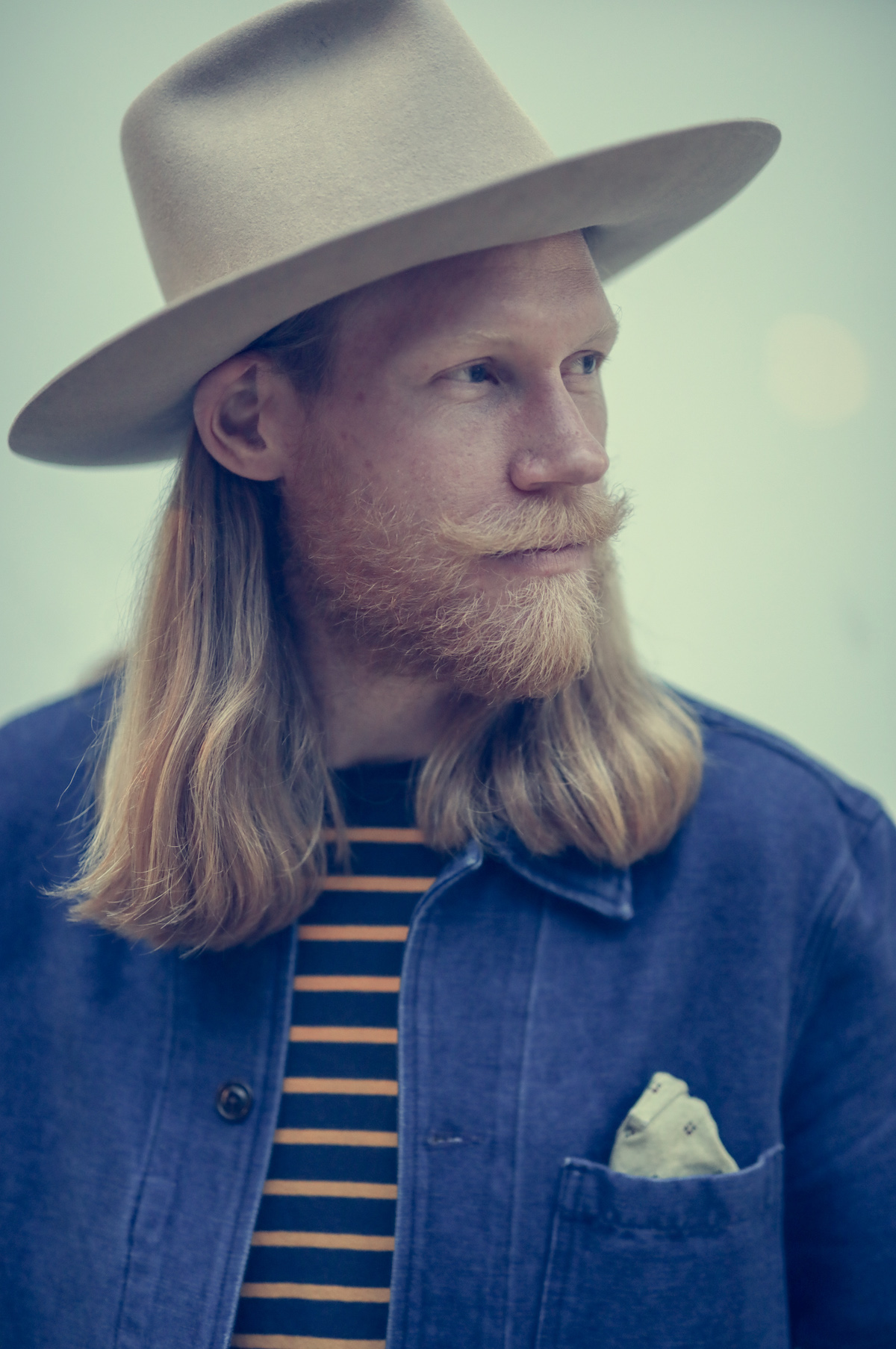
It’s cool because what I’ve noticed is that your music delves into the folk Americana scene. When looking at the timelessness of that genre with artists and lyricism, how have you been able to keep that aspect alive within your music and creative step forward?
Jarrod Dickenson: I think it’s down to not paying attention to trends and just writing what I want to write and trying to make it sound like what is in my head. There’s a constant evolution as you alluded to my previous works, which are certainly different than Big Talk. Ready the Horses was a departure from my Lonesome Traveler album. All my favorite artists were like that—they were always looking forward and inspiring musical waves if you will.
It’s interesting because The Lonesome Traveler is like a love letter and acoustic take but Ready the Horses has more blues and rock incorporation into the album. Then Big Talk is definitely more rock heavy and country-influenced which is cool. You also collaborated with Oliver Wood, correct?
Jarrod Dickenson: Yeah, I was lucky to collaborate with Jano Rix who is a member of The Wood Brothers. He played drums and keys on the album and then Oliver and Jano both sang on the song “Home Again”. We had two-thirds of The Wood Brothers on the record which was really cool. I’ve been a big fan of theirs for a long time and to get to meet them and work with them was really great.
How did you guys get connected and what did that collaboration look like in creating “Home Again”?
Jarrod Dickenson: I met both of them through Seth Walker, who I’ve known for a long time, and we’ve written songs together including “Home Again.” Through that community, I met them and another friend of mine helped work with Jano. They are all part of the direction for where I am now with this album.
That is a super exciting opportunity because they have released big songs within the industry. Especially when it comes to this genre of music, there are many talented people, but it seems to be more difficult as far as getting music out. How would you say you’ve navigated not only getting music out but getting it to the right audience?
Jarrod Dickenson: That’s the constant pursuit. I wouldn’t say that I’ve necessarily figured it out — but all you can try is write the songs you want without any particular audience in mind. Then you send it out into the world. Obviously, you promote it as best you can and just hope that it finds the right set of ears. Otherwise, it’s beyond your control after you’ve made it. As an artist, that’s always difficult to come to grips with but you have to send it out there and watch where it lands.
It seems more about hoping the right audience will find you and that the writing, music, and story you communicate will attract the right people. When looking at this new album what is the story you are trying to tell?
Jarrod Dickenson: I think every song is a little different, but I would describe the album as a story of resilience, resolve, and defiance…to not let your current situation limit you from pushing forward despite the situations you might be in. That’s how I approach all of my writing.
That is a big message that needs to be pushed, especially within the music industry because a lot of artists find themselves in situations that might make it difficult to find incentive to keep going. From my understanding, you’ve also performed and produced with your wife. Could you tell me a little more about that?
Jarrod Dickenson: We met about 11 years ago, and she’s originally from Belfast in Northern Ireland. I was performing there, and she was volunteering at that time when we happened to meet. We eventually started dating long-distance for three and a half years while she was in Belfast, and soon enough I realized that she could sing quite well. We sang “Your Heart Belongs to Me” and she co-wrote “If You’re Looking.” She sings on pretty much everything — when I’m writing songs it’s her voice that I’m hearing along with mine in the writing process… she’s my barometer for what’s good and what to look for.” We’re pretty much a unit, and I am really lucky that we get to take this thing on together.
Not only does she give a great opportunity for another perspective in your creative process, but you have a partner to travel and experience these things together — to be able to grow with each other through music and sharing it with other people. How would you say you’ve been able to bridge the connection between you and your listeners? What has this support looked like since releasing the album?
Jarrod Dickenson: Fortunately, we’ve built a pretty loyal following, particularly in the UK and parts of Europe. Obviously, it’s still small by a lot of people’s standards but we’ve had very loyal fans and have gone on tour multiple times a year for over a decade now. Once the pandemic hit, we did weekly live-stream gigs. We couldn’t believe the number of people that were tuning in every single week and tipping us generously. It helped to carry us through that period when we couldn’t tour and sell merch. A lot of that is what paid for me to make this record—another self-funded album. The tips that people gave during these live streams were a big part of having money to make this album.
Moving beyond the creation of it, they’ve been buying the record, listening to it, and talking about it. We are very lucky—we don’t have any industry machinery behind us—there is no record label, high-powered management, or high-powered booking agents on our side. We’ve never been one to land on these massive Spotify playlists where you get millions of streams. It’s all down to our actual fans. We listen to the music and that’s huge for independent artists like us to have a group of people that are that loyal—and not to take it for granted.
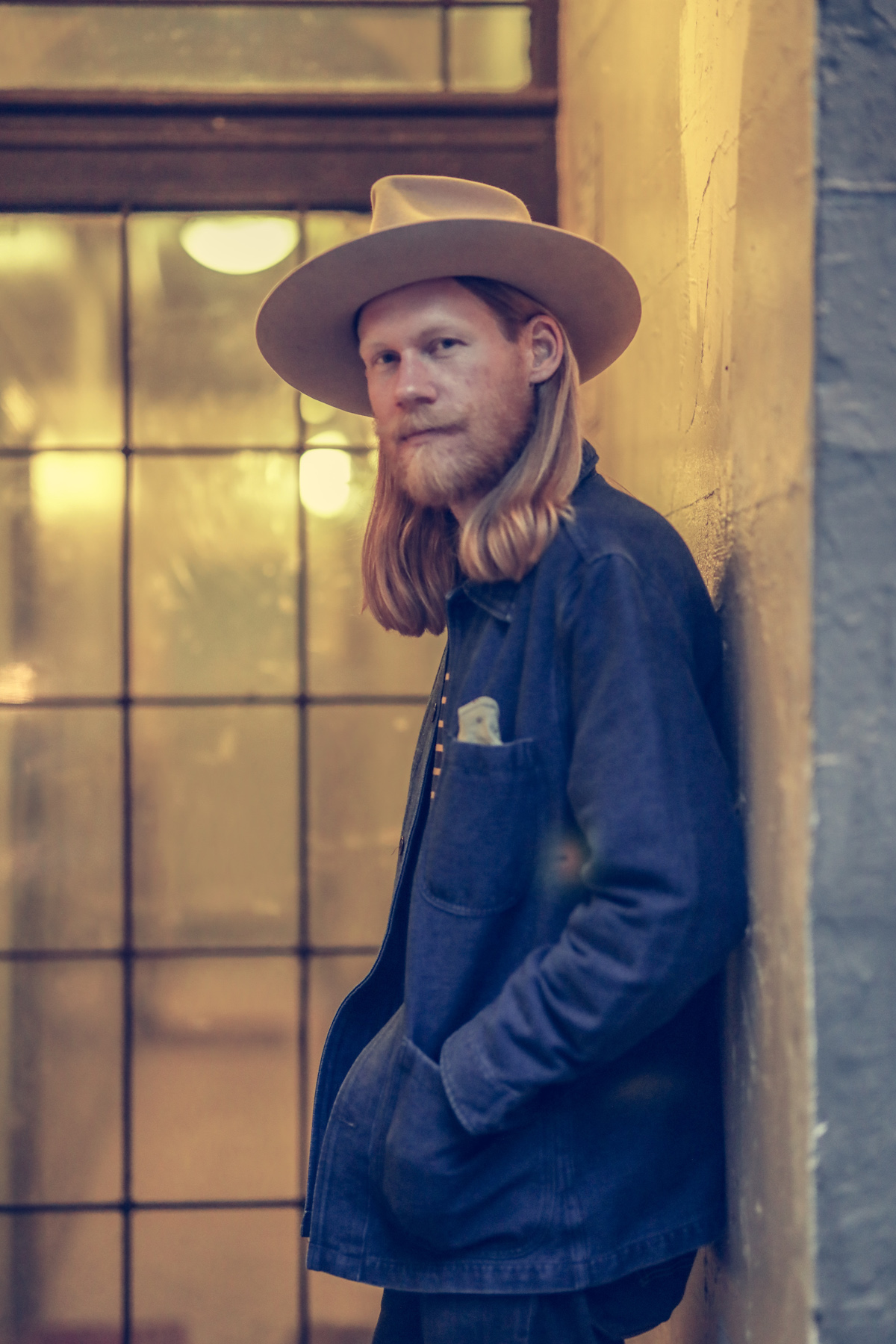
I think that there is a lot of gratitude that goes with the people that are listening to your music and heavily supporting it. You talk about how you self-produce and self-fund all of your projects. How has this shifted your values and understanding of music as a career or the ability to value the art of creating music and performing for people?
Jarrod Dickenson: Big Talk was a little different than Ready the Horses because of the circumstances surrounding it. There were a lot of things that I knew I wanted to carry over from the demo—and leaving room for plenty of people to create for the album. Making the record, in terms of value—we never could have done it if all of us didn’t come together. That’s something I learned to appreciate, was coming together to make the record and remember why we were making it.
When traveling internationally, it’s a completely different experience and connection with that audience. What has it been like to see people across the world who are listening to your music?
Jarrod Dickenson: It’s been amazing. We have been touring in the UK and mainland Europe for over a decade now and I’m still constantly amazed at the fact that there are people who want to listen and for every artist, that is certainly something we never take for granted. It’s cool to hear people sing back your lyrics to you and to know that they listen to your music is something that makes you feel more connected to them. It means that much more to us. You know, I’d be making music whether anyone was listening or not—but to know people are listening to and connecting to a song certainly gives you a burst of energy.

That’s probably one of the most rewarding things. Knowing that you’d make music, whether or not no one was listening, shows the importance it has for you and your intentionality with it. It seems like you’ve come to peace with this and connected with your listeners. In the U.S. I know you are based in Nashville; how did you end up there and how has that music scene been?
Jarrod Dickenson: This time around, it’s been about six years now. We were in Austin for a while where I went to UT and was in that music scene. After that, we were in New York from 2010 then moved to Nashville for a cheaper way of life. To keep it truthful, we moved to Nashville to make life easier to pay the bills…we were paying $2000 for a shoe-box apartment and working 7 days a week to keep our heads above the water. Nashville has been a great opportunity to connect with other artists and I think it’s been super good for us.
— —
:: stream/purchase Jarrod Dickenson here ::
— — — —

Connect to Jarrod Dickenson on
Facebook, Twitter, Instagram
Discover new music on Atwood Magazine
© Patrick Glennon
:: Stream Jarrod Dickenson ::

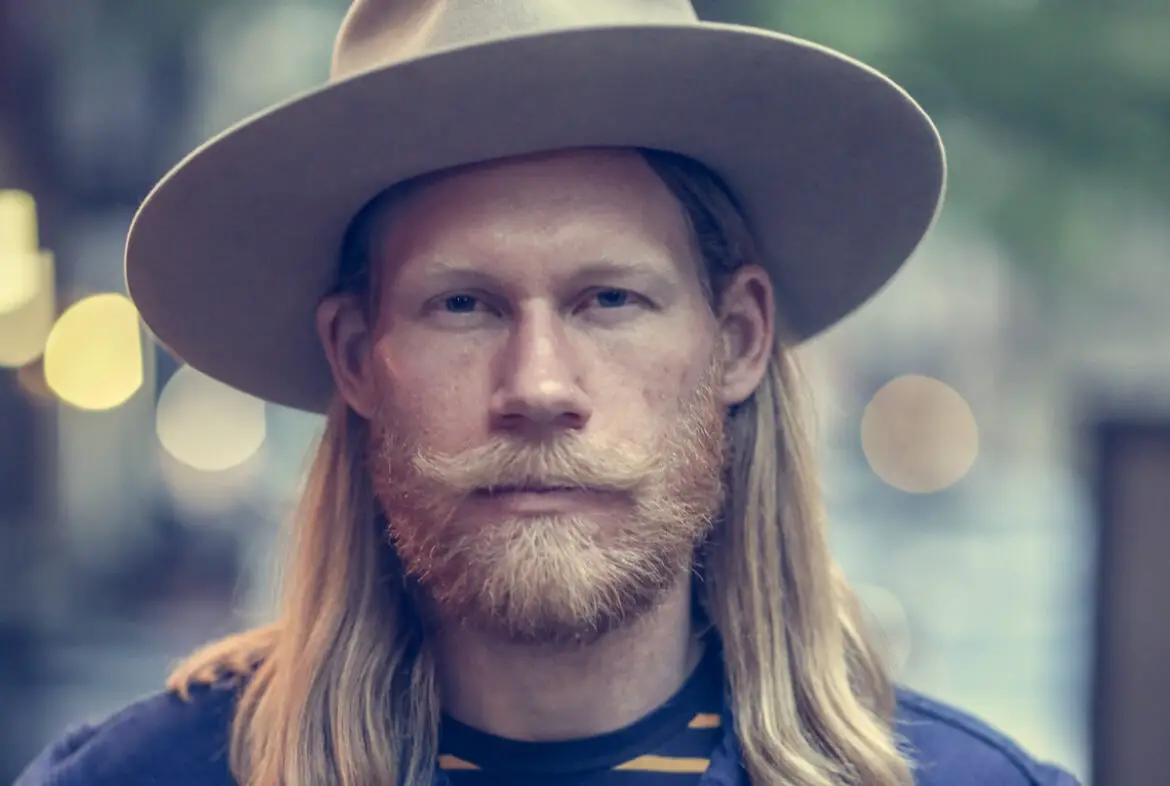
 © Patrick Glennon
© Patrick Glennon